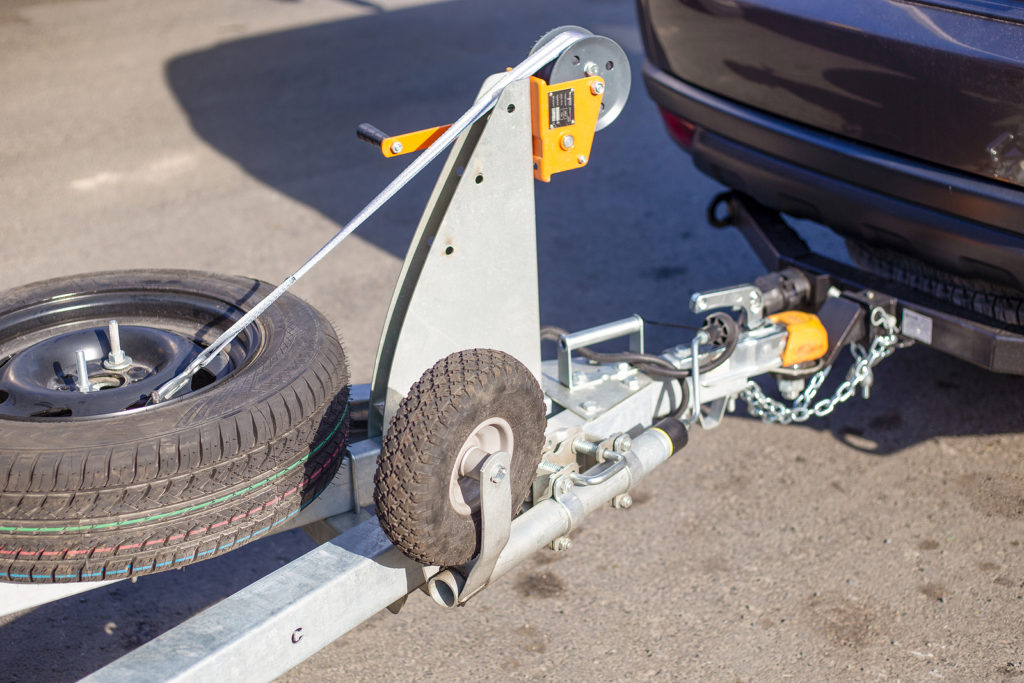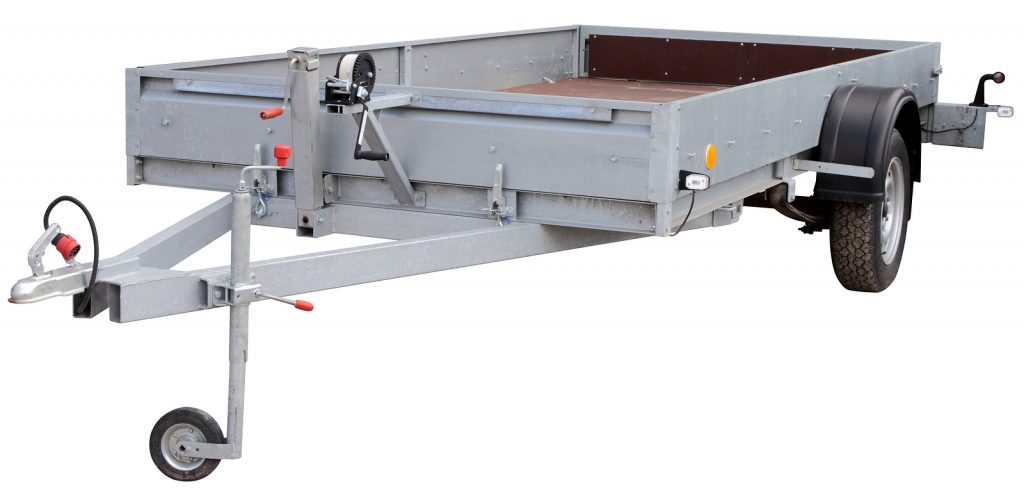When it comes to safe towing, whether hauling a trailer full of your friend’s furniture or towing your Jetski back to the dock for the summer, the most essential element to ensure is on point is your towing weight. Towing weight doesn’t just include the weight of the cargo you are pulling; it also includes how much weight your towing vehicle can pull. Specifically, you will need to always calculate three towing weights: Gross Vehicle Weight Rating (GVWR), Tongue Weight (TW), and Gross Combined Weight Rating (GCWR).
Continue below to learn what these weights and ratings mean, and how to do the math for your towing setup.

Towing Weight Calculations
You weren’t the best at arithmetic in school? That won’t pose a problem. Calculating your towing weights is easy as long as you have a calculator nearby; and if you are like most, you have a smart phone with a calculator application already on it. Again, you will be calculating your tongue weight, gross vehicle weight rating, and the gross combined weight rating.
Gross Vehicle Weight Rating (GVWR)
The Gross Vehicle Weight Rating (GVWR) is how much weight your make and model towing vehicle can safely haul. This includes the capacity of the weight of the trailer and the weight of the cargo. An F-150 will have a higher gross vehicle weight rating compared to a Mini Cooper. You can find your vehicle’s recommended gross vehicle weight rating in the owners’ manual, or online on your dealership’s website.
Gross Combined Weight Rating (GCWR)
The Gross Combined Weight Rating (GCWR) is the total weight of everything involved in your intended towing job. This includes the gross vehicle weight rating (GVWR), as well as the weight of the trailer, cargo, passengers, and even fuel.
Tongue Weight (TW)
Tongue weight (TW) is the amount of force, or weight, being pushed down onto the hitch ball by the trailer coupler. You don’t ever want to put too much weight on this ball, or your car will lift off the ground in the front and your brakes will go into overdrive. This can all damage your car, as well as your towing gear.
How to Do the Math:
Add up everything you plan to haul to get your Gross Combined Weight Rating GCWR.
Take this number and compare it your Gross Vehicle Weight Rating (GVWR).
Your total should be less than your Gross Vehicle Weight Rating (GVWR).
Do you need professional towing service for long-distance relocations or roadside trailer emergency? Contact Zore’s Towing for economically-priced towing and recovery service in Indianapolis, Indiana. We serve all of Central Indiana.
You Should Also Read:
Towing Acronyms for Vehicle Manufacturer Specifications
A Brief Explanation of Tongue Weight (TW)
A Review of Gross Vehicle Weight Ratings




